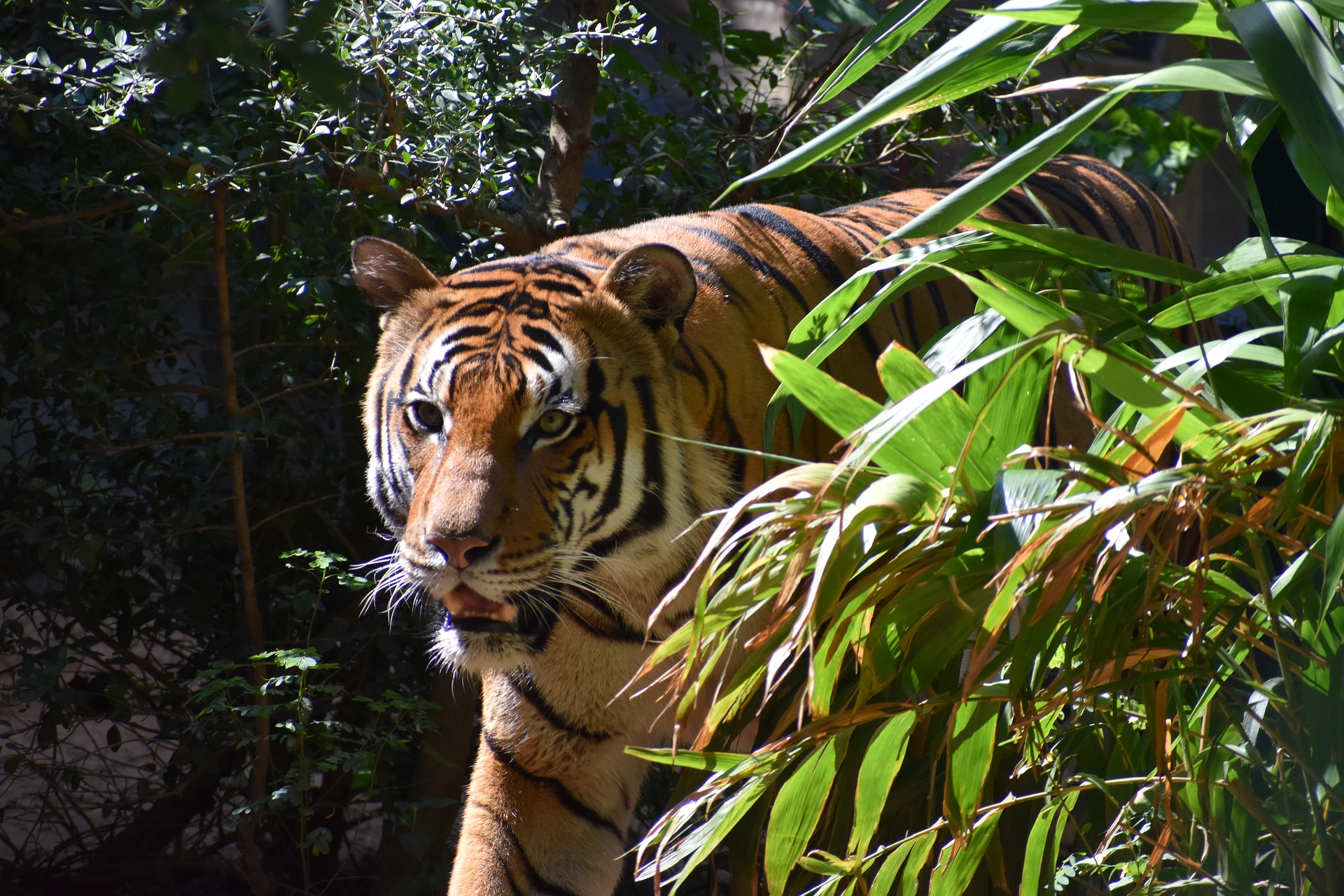Logging and deforestation have long been a problem in Malaysia.
These two acts have presented a host of problems to the wildlife for the longest time, with animals losing their habitat.
But according to a forestry authority, there's a silver lining to this: tigers can thrive in deforested areas. Umm, what?
The Orang Asli community blamed the attack on the loss of habitat due to logging activities, but Kelantan Forestry Department director Abdul Khalim Abu Samah begs to differ.
He told Malaysiakini that deforested areas are actually good for the tiger population.
He claimed that new vegetation will grow after an area is deforested, and that will encourage the new animal species that serve as food to tigers to appear.

"Based on expert research, areas that have been deforested are actually good for the tiger population.
"The tiger population will become larger when small trees grow in the deforested area. The area will see the presence of animals such as mouse deers which is food for tigers.
"It will be easier for tigers to hunt their prey," Khalim was quoted as saying.
If the areas are not deforested, Khalim claims that it would be much more difficult for the big cats to find prey because, you know, lots of trees. Credit image: The Star
Credit image: The Star
The logging and deforestation activites have been rampant in the interior of Gua Musang, and that posed a threat to both the Orang Asli communities and local wildlife.
However, Khalim maintained that there's an annual limit to the logging activities that can be carried out.
"We in Kelantan abide by the annual cut ratio (CTT) set by the National Land Council.
"We do not exceed the allowed ratio which involved 3,900ha a year as reported in the 12th Malaysia Plan," he was further quoted as saying, adding that logging was only done in areas that are only intended for production.
MAIN IMAGE CREDIT: Malaysiakini
These two acts have presented a host of problems to the wildlife for the longest time, with animals losing their habitat.
But according to a forestry authority, there's a silver lining to this: tigers can thrive in deforested areas. Umm, what?
Making it easier for tigers
Earlier this month, wildlife authorities were forced to shoot dead a tiger after it mauled an Orang Asli man to death.The Orang Asli community blamed the attack on the loss of habitat due to logging activities, but Kelantan Forestry Department director Abdul Khalim Abu Samah begs to differ.
He told Malaysiakini that deforested areas are actually good for the tiger population.
He claimed that new vegetation will grow after an area is deforested, and that will encourage the new animal species that serve as food to tigers to appear.

"Based on expert research, areas that have been deforested are actually good for the tiger population.
"The tiger population will become larger when small trees grow in the deforested area. The area will see the presence of animals such as mouse deers which is food for tigers.
"It will be easier for tigers to hunt their prey," Khalim was quoted as saying.
If the areas are not deforested, Khalim claims that it would be much more difficult for the big cats to find prey because, you know, lots of trees.
Defends logging
 Credit image: The Star
Credit image: The StarThe logging and deforestation activites have been rampant in the interior of Gua Musang, and that posed a threat to both the Orang Asli communities and local wildlife.
However, Khalim maintained that there's an annual limit to the logging activities that can be carried out.
"We in Kelantan abide by the annual cut ratio (CTT) set by the National Land Council.
"We do not exceed the allowed ratio which involved 3,900ha a year as reported in the 12th Malaysia Plan," he was further quoted as saying, adding that logging was only done in areas that are only intended for production.
MAIN IMAGE CREDIT: Malaysiakini





